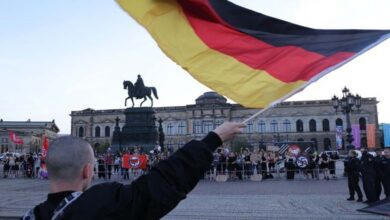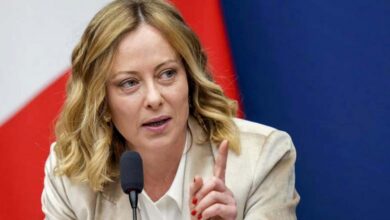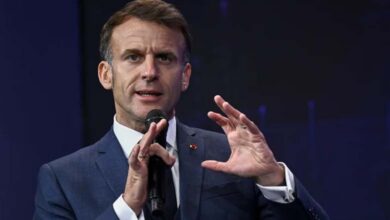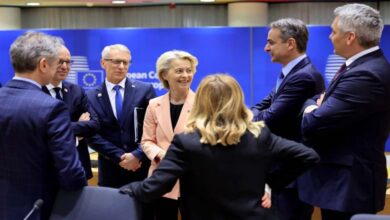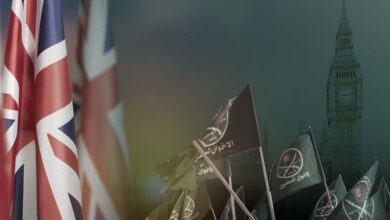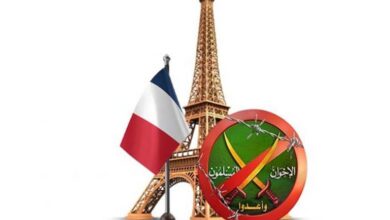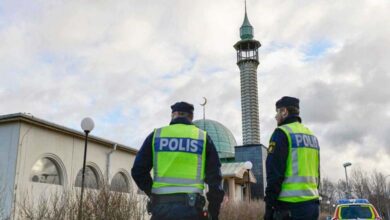France’s Muslim Brotherhood… warnings over infiltration and calls to address its root causes
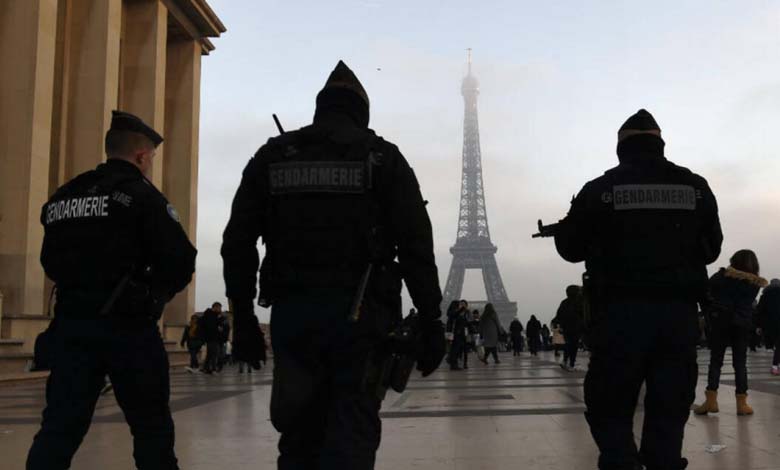
Years of governmental leniency have opened the door to deep infiltration by the Muslim Brotherhood within French society and institutions, before the government eventually recognized the problem and stepped in to try to halt it.
This warning came from Yoann Gillet, MP for the Gard department from the National Rally party, during his appearance on the program “La Matinale” on the French channel CNews.
-
Muslim Brotherhood Infiltration in France: A Threat to Society and How to Respond
-
France Unmasks the Muslim Brotherhood: A Late but Decisive Battle
He stated that the French intelligence report on the Muslim Brotherhood, published last May, followed years of debate on how to address phenomena linked to religious extremism. The report acted as a wake-up call in the face of renewed concerns over the spread of ideologies that are incompatible with French society.
Regarding the current migration crisis, Gillet referred to an “unprecedented influx,” pointing out that many asylum seekers whose applications are rejected remain in France without deportation, while the number of visas granted remains high, reflecting what he described as an “unrestricted migration policy.”
-
A Step in the Fight: France Cuts Off Funding to Brotherhood-Linked Institute
-
France Leads European Initiative to Ban the Muslim Brotherhood… What’s New?
He added that some individuals entering the country legally could pose “a danger to the state,” while illegal entries are increasing, placing greater pressure on security and social cohesion.
Gillet stressed that current government policies allow excessive tolerance towards arrivals from crisis-hit regions, and that the educational systems in some countries of origin instill hostile ideas toward the West in younger generations.
“The lessons of past attacks have not been fully learned, creating a real risk for the French population today,” he said.
-
Muslims of France: A Brotherhood Front Undermining the Fifth Republic
-
The Muslim Brotherhood Threat in France: A Digital and Geographical Mapping
In the same context, Alexandre Del Valle, a French political analyst specializing in extremist organizations and political Islam in France, said that “the leniency of successive French governments toward the Muslim Brotherhood stems from a mix of political considerations and institutional shortcomings in understanding the movement’s nature.”
He explained that authorities have often regarded the Brotherhood merely as a religious actor or charitable association, overlooking the transnational political and ideological dimension that defines it.
-
The Muslim Brotherhood’s Threat to Education in France: The Frontlines Begin at Averroès
-
New Security Warning in France: The Muslim Brotherhood, “the Greatest Internal Threat”
According to him, some governments even viewed the Brotherhood as potential partners in managing Muslim community affairs, particularly in areas such as religious education and community dialogue, enabling them to gain footholds in local institutions and civic associations.
This approach, though seemingly pragmatic, opened the way for the building of influence networks that would later prove difficult to contain.
He further pointed out that part of this leniency also comes from the political discomfort in dealing with organizations that present a moderate public discourse, even though their practical outcomes may, in the long term, foster radical trends.
-
Reaching by Any Means: How the Muslim Brotherhood Penetrated France
-
France Continues to Pursue the Muslim Brotherhood… What’s New?
Finally, he noted that poor coordination between security, cultural, and educational institutions in France has rendered the ideological confrontation with the Brotherhood less effective, allowing the movement to strengthen its presence within civil society.
To correct course, he believes it is essential to recognize that the Muslim Brotherhood is not merely a traditional religious component, but a political movement with a comprehensive societal project. Addressing it should therefore combine legal firmness with a deep understanding of its rhetorical and organizational methods.


